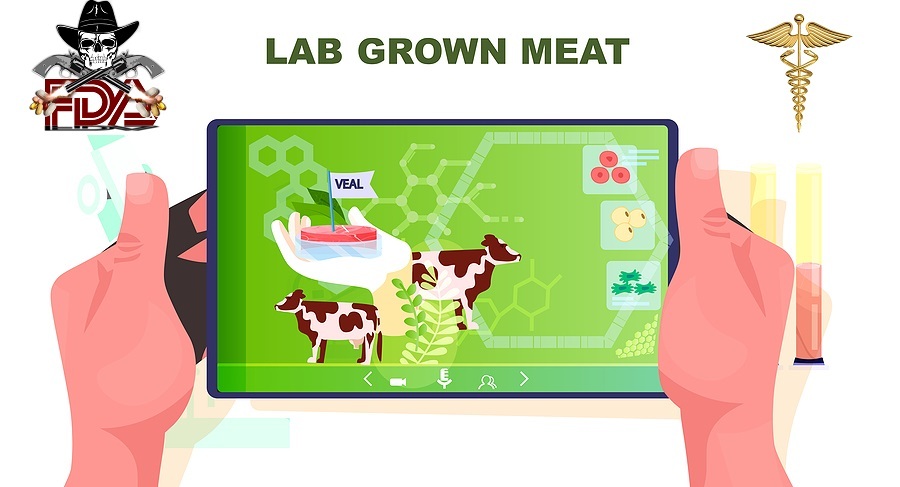Lab-Grown Meat: Is it a Pharmaceutical Product or a Food Product?
Researchers at the University of California, Davis, have just published a study that looked at the environmental impacts of lab-cultured meat, and they have determined that based on current production methods, the global warming potential (GWP) of lab-cultured beef would be approximately 25% greater than conventional beef cows raised on farms. The study also concluded that the "fossil fuel depletion" of lab-cultured beef is "approximately 3 to 17 times greater" than producing boneless beef. This contradicts the reasoning behind those rushing to bring a lab-cultured meat product to market, who are claiming that massive production of lab-grown meat would have a more positive impact on the environment than raising beef cattle. There are currently no lab-cultured meats on the market, because the production costs are still too expensive to scale it for public consumption, and this appears to be the first study conducted to look at the environmental impacts of mass-producing red meat in a laboratory. One of the major problems so far with culturing meat in a laboratory, is that the growth mediums used to culture the meat produce endotoxins, which means pharmaceutical products are needed to reduce these endotoxins and purify the lab-grown "meat." This has led one of the researchers at UC Davis to ask what exactly is being produced in the lab with these cultured meats: "Is it a pharmaceutical product or a food product?"



